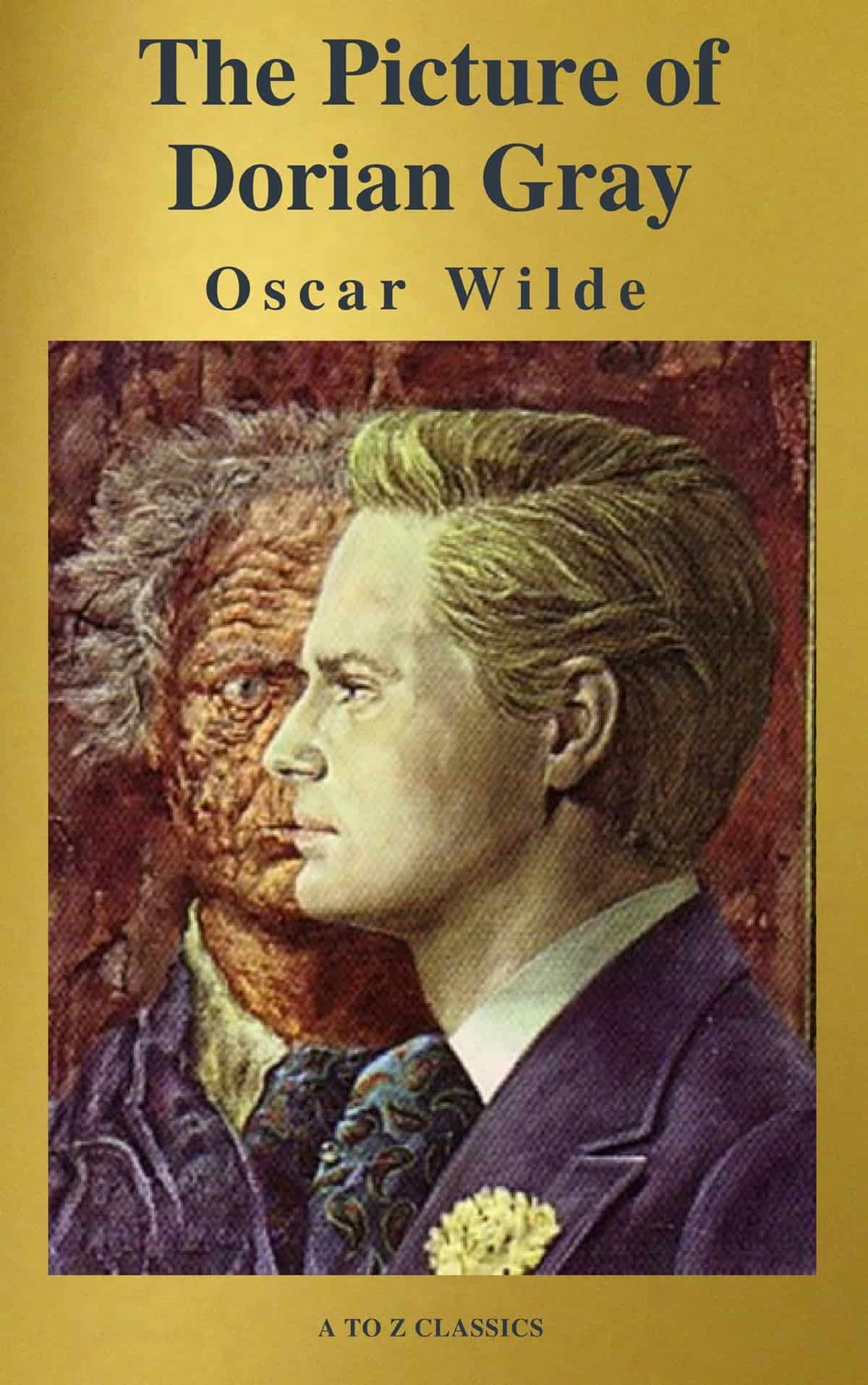The source of the book
This book is published for the public benefit under a Creative Commons license, or with the permission of the author or publisher. If you have any objections to its publication, please contact us.

The Picture of Dorian Gray
(0)
Author:
Oscar WildeNumber Of Downloads:
35
Number Of Reads:
167
Language:
English
File Size:
0.82 MB
Category:
literatureSection:
Pages:
220
Quality:
excellent
Views:
965
Quate
Review
Save
Share
Book Description
The Picture of Dorian Gray is a novel written by Oscar Wilde and first published in 1890. It tells the story of Dorian Gray, a handsome and wealthy young man who becomes obsessed with his own beauty and youth. Dorian sits for a portrait painted by his friend Basil Hallward, and while admiring the finished work, he wishes that he could remain young and beautiful forever, while the portrait would age in his place.
Dorian's wish is granted, and he embarks on a life of hedonism and debauchery, while the portrait in his attic becomes a grotesque representation of his moral decay. Over time, Dorian becomes increasingly corrupted, committing increasingly heinous acts without any regard for the consequences. The novel ultimately explores the theme of the consequences of moral corruption and the danger of vanity and superficiality.
One of the most striking aspects of "The Picture of Dorian Gray" is Wilde's use of language. The novel is full of witty and memorable aphorisms that have become famous quotations in their own right. For example, "Nowadays people know the price of everything and the value of nothing," and "I can resist everything except temptation." These memorable quotes have contributed to the enduring popularity of the novel.
Another notable feature of the book is its exploration of the aesthetic movement, which Wilde was associated with during his lifetime. The novel reflects many of the key ideas of the movement, which emphasized the importance of beauty and art for their own sake, as opposed to being subordinated to moral or political aims. This theme is exemplified by Dorian's obsession with his own beauty and the portrait that represents it.
Despite its initial shock value, this book has become a classic of English literature and is widely regarded as one of Wilde's greatest works. It has been adapted into numerous films, plays, and television shows, and has influenced countless writers and artists. Its enduring popularity is a testament to the power of Wilde's writing and his ability to capture the dark side of human nature.
Oscar Wilde
Oscar Wilde (1854-1900) was an Irish playwright, poet, and novelist who is widely regarded as one of the greatest writers of the Victorian era. He was born in Dublin, Ireland, and educated at Trinity College, Dublin, and Magdalen College, Oxford. Wilde was a flamboyant figure in Victorian society, known for his wit, dandyism, and homosexuality, which was then considered a crime.
Wilde's literary career began in the 1880s, when he gained popularity with his comedic plays, including "Lady Windermere's Fan," "A Woman of No Importance," and "The Importance of Being Earnest." These plays were known for their clever wordplay, social commentary, and satirical portrayal of Victorian society.
In addition to his plays, Wilde also wrote novels, including "The Picture of Dorian Gray," which tells the story of a beautiful young man who makes a Faustian pact to remain young and beautiful while his portrait ages and becomes ugly. The novel caused controversy when it was first published in 1890 because of its decadent themes and homoerotic undertones.
Despite his literary success, Wilde's personal life was tumultuous. In 1895, he was convicted of homosexual acts and sentenced to two years of hard labor. The trial and subsequent imprisonment destroyed his reputation and health, and he died in Paris in 1900, at the age of 46.
Wilde's legacy lives on through his works, which continue to be celebrated for their wit, humor, and social commentary. His writing has influenced generations of writers, and his plays continue to be performed and adapted for film and television. Today, Wilde is remembered not only as a great writer, but also as a symbol of resistance against Victorian moralism and hypocrisy.
Earn Rewards While Reading!
Every 10 pages you read and spent 30 seconds on every page, earns you 5 reward points! Keep reading to unlock achievements and exclusive benefits.
Read
Rate Now
5 Stars
4 Stars
3 Stars
2 Stars
1 Stars
Quotes
Top Rated
Latest
Quate
Be the first to leave a quote and earn 10 points
instead of 3
Comments
Be the first to leave a comment and earn 5 points
instead of 3